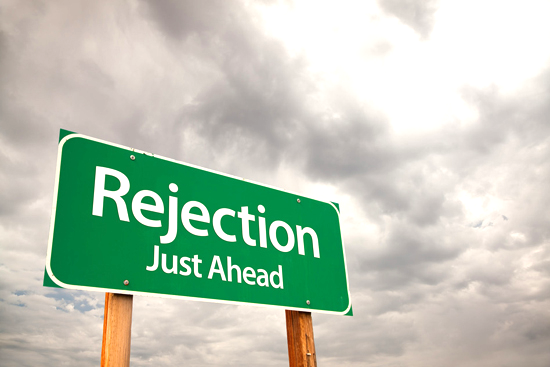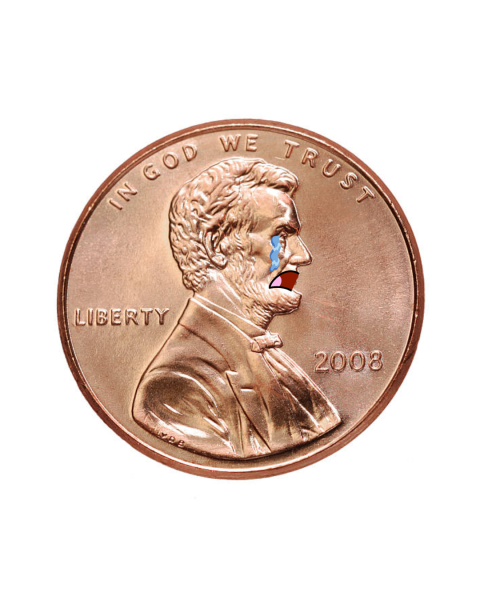Should e-books replace textbooks?
Your backpack is weighing you down as you drag yourself from class to class. After arriving in math, you pull your five pound textbook out of your backpack and place it on your desk-only to find out that you won’t be needing it for the fifth day in a row.
Are these overbearing textbooks really necessary? Several signs point to no. According to Medical Daily, on average, each printed book releases 8.85 pounds of carbon dioxide into the environment. Together, the newspaper and book-printing industries cut down 125 million trees per year and emit 44 million tons of CO2.
Another form of reading is through e-books. Personally, I am not a huge fan of reading on a digital device-I prefer to read on tangible, handheld paper. However, in the past 20 years, there has been an increase in the sales of e-books, in relation to the fact that there has been a dramatic increase in the rate at which technology is being produced in today’s society as well.
Because e-books are completely electronic, they do not require any tangible paper to produce. In comparison to the seven gallons of water it takes to produce a printed book, it only takes less than two cups to produce an e-book.
Clearly, the environmental impact of textbooks has significantly greater damage than e-books. However, a recent study out of Harvard University found that reading an e-book before bed lessened the production of an important sleep hormone known as melatonin. As a result, people took much longer to fall asleep, experienced less deep sleep, and were more fatigued in the morning.
Personally, I am not a fan of carrying around textbooks. When you go to a school in which you need to walk 10 minutes between classes, a heavy backpack is not ideal. On top of all your folders, writing utensils, snacks, papers, and any other school supplies you need, lugging around multiple textbooks is not an easy task.
I think the overall amount of textbooks produced should be decreased. Instead of handing each student in every school the same textbooks to collect dust at home for the duration of a school year, I believe that each classroom should have a class set of textbooks that students can check out to take home only when necessary.
This way, the textbooks that are already in circulation can either be distributed to developing countries that are in need of education materials, or can be recycled as well. With this minor change, we would be able to help the environment, our education system, and developing countries as well.
However, this policy can only work for elementary schools, middle schools, and high schools. In college, students always need to have their own individual textbook in order for them to succeed in the most efficient way possible. There is such a wide range of classes in college for students to choose from, so having a “classroom set” of textbooks would not be ideal.
Another issue with this policy connects to the abundance of technology in students’ homes. It is safe to say that many students have access to an online textbook/e-book, however there are students out there that do not have this luxury – in fact, according to VOA News, about 17 percent of U.S. students do not have access to the internet at home.
I do not believe that printed books should be completely discarded. I’m a firm believer in taking time away from technology during the day because of its extreme presence in our lives. But, by decreasing the abundance of textbooks in circulation, we can donate the surplus books to developing countries, develop a “check-out” system, and leave a positive environmental impact on the Earth.



